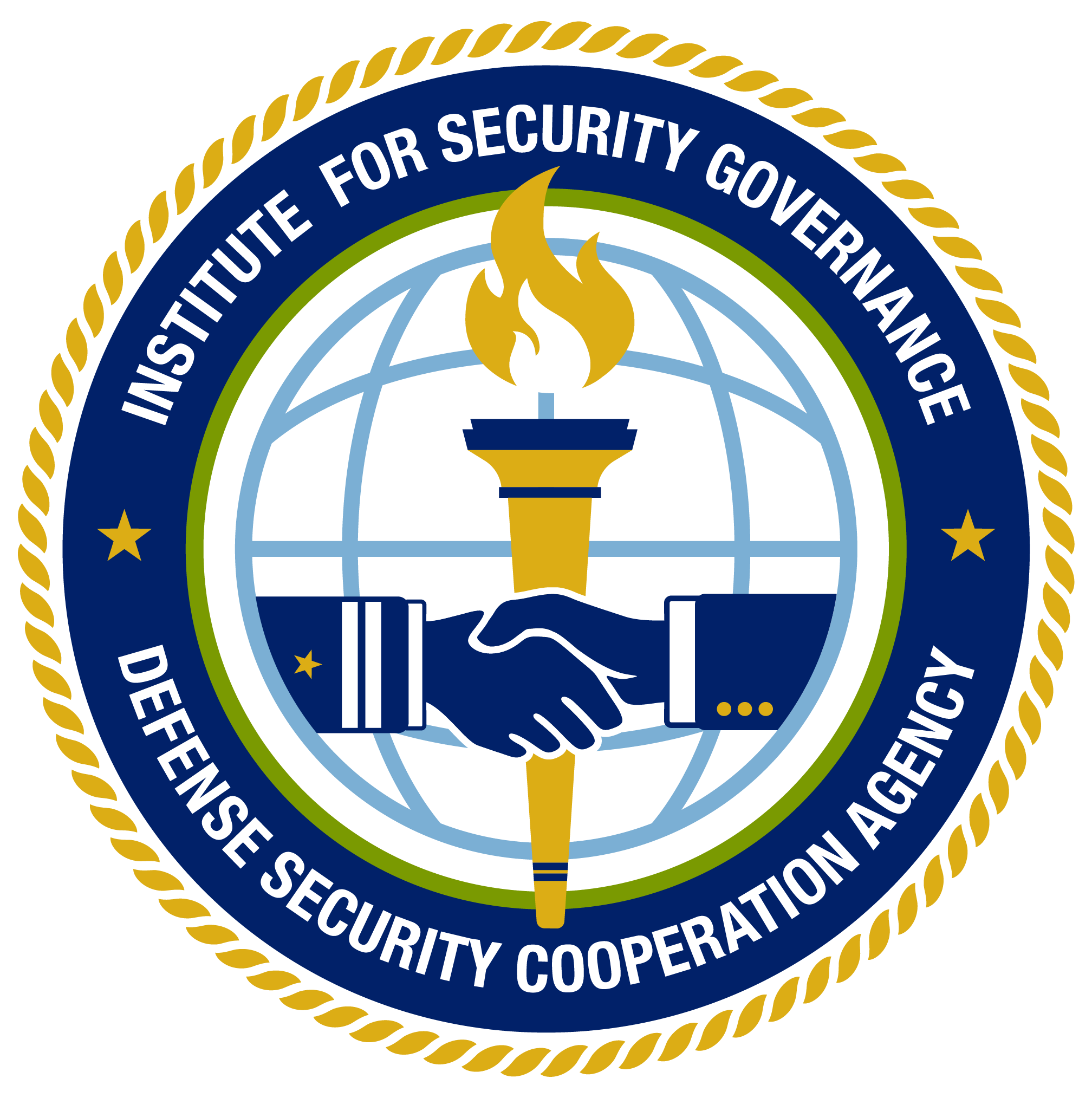ICB Smart Sheets - Defense Security Cooperation University
ICB Smart Sheets
Institutional Capacity Building (ICB) encompasses security cooperation activities that support partner efforts to establish or improve institutional policies and processes necessary to plan, develop, resource, acquire, staff, employ, and sustain capabilities of mutual benefit.
ISG has developed a series of concise papers, or Smart Sheets, designed to inform USG stakeholders and partner institutions about specific ICB functional or issue areas. Each sheet presents the specific challenge faced, the current state of the field, the role ICB plays in resolving the challenge, and provides ICB best practice recommendations.

Building Durable Civilian-Military Relationships
U.S. partner nations vary significantly in the strength, resiliency, and maturity of their civilian-military relationships. At one extreme, military forces and the broader defense sector dominate in power, influence, resources, and decision making. In contrast, countries with vibrant and accountable civilian leadership manage the state’s legitimate monopoly on the use of force and provide oversight of the military through institutional checks and balances. In between, many countries grapple with establishing suitable governance practices between civilian and military institutions.

Building Capable Cybersecurity Institutions
Almost 4.6 billion people are active internet users. Online tools and platforms can be drivers of inclusive change and prosperity or destabilizing threats to privacy. Hactivists, criminals, and malign nation-states of all sizes exploit cyber vulnerabilities to compromise private data, steal intellectual property, evade sanctions, or otherwise threaten national and economic security. The effects of malicious cyber-enabled operations are not just virtual. Citizen safety and the integrity of institutions is eroding through increased cyberspace exploitation, intrusion, or disruption. Modern militaries rely on digitized critical infrastructure that may be vulnerable to cyber threats.

Building Enduring Logistics Institutions
Less than a year ago new boats were delivered to a partner nation along with associated repair parts and tools. Basic training was provided for operations, seamanship, and maintenance. Yet today all of the U.S.–provided boats are inoperable and the skills passed on through the training forgotten. The project was meant to strengthen the partner nation’s maritime security capability and its relationship with the U.S., but it now has the potential to be a liability to both. This is an all too common, but avoidable, story across the security cooperation community of practice. The U.S. can help ensure the long-term sustainment of desired capabilities by addressing partner nation institutional capacity before, during, and after a project.

Institutional Capacity Building: An Essential Component of Full Spectrum Capability Development
Institutional Capacity Building (ICB) has become an increasingly important aspect of the U.S. approach to security cooperation. ICB encompasses security cooperation activities that support partner efforts to establish or improve institutional policies and processes necessary to plan, develop, resource, acquire, staff, employ, and sustain capabilities of mutual benefit. A partner’s institutional capacity is critical to developing full-spectrum capability.

Building Sustainable Maritime Capacity
Over 70% of the Earth’s surface is covered by water. Nearly 40% of the world’s population lives within 60 miles of the ocean coast. The estimated value of the ocean economy is $3-6 trillion/year and ~50% of all international tourists travel to coastal areas. Under international law, countries own the natural resources in Exclusive Economic Zones (EEZs) within 200 nautical miles from their coastlines. The nations of the world are economically and militarily connected by the sea, yet many U.S. partners lack the capacity to establish and maintain their maritime sovereignty and security.

Defense Acquisition
Defense acquisition is a complex series of processes a nation utilizes to obtain the goods and services necessary to satisfy its defense needs. A nation’s approach to defense acquisition is influenced by many factors, including its history, politics, institutions, and social and economic characteristics. While defense acquisition is often challenging, the basic aims of a defense acquisition system are shared throughout the world: to deliver a quality product, on time, within budget, that meets the requirements of the end user.

Building Resilience for National Defense
Today’s security environment is unpredictable. Threats originate from state and non-state aggressors, as well as catastrophic natural and man-made disasters. Terrorism, cyber-attacks and other threats chronically stress many nations’ defense institutions, making them increasingly vulnerable to shocks that can have outsized effects. No nation can effectively protect itself when degraded by disruptive influences like a loss of critical infrastructure, supply chain interruptions, disinformation campaigns, and other threats that have the potential to divide and weaken a society.

